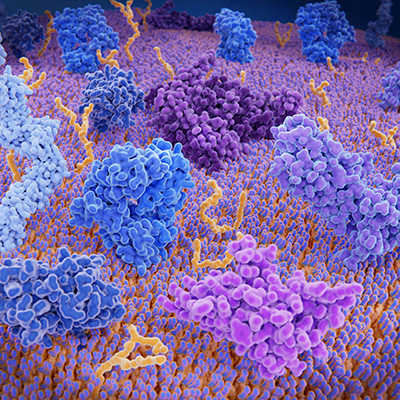October 27, 2022 -- A gene-editing technique can repair white blood cell gene mutations and could lead to new treatments, according to University College London (UCL) scientists.
The rare disease CTLA-4 insufficiency causes regulatory T cells to function abnormally and leads to severe autoimmunity. It also means patients can struggle to fight off recurring infections by the same viruses and bacteria as their immune system "memory" is broken. Sometimes CTLA-4 insufficiency leads to lymphoma.
Using the CRISPR-Cas9 system, the researchers targeted the gene mutation in T cells taken from patients with CTLA-4 insufficiency and repaired the errors (Science Translational Medicine, October 26, 2022). The levels of CTLA-4 in the cells were restored to the levels seen in healthy T cells. Injecting the gene-edited T cells into mice also improved symptoms caused by CTLA-4 insufficiency.
The technique keeps the endogenous mechanisms controlling gene expression intact, while at the same time correcting the mistake in the gene itself. While the technique was used for CTLA-4 insufficiency, the gene-editing strategy could be adapted for other conditions, according to the researchers.
Copyright © 2022 scienceboard.net










